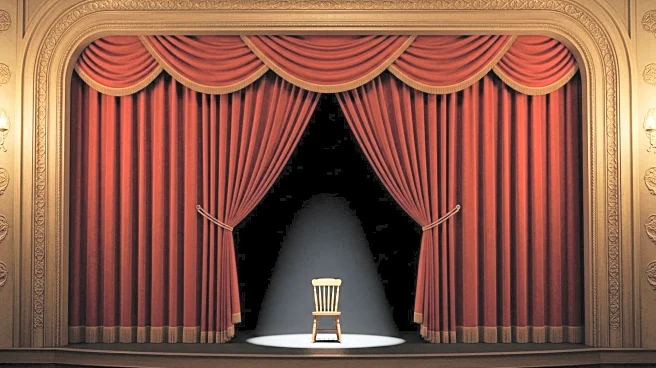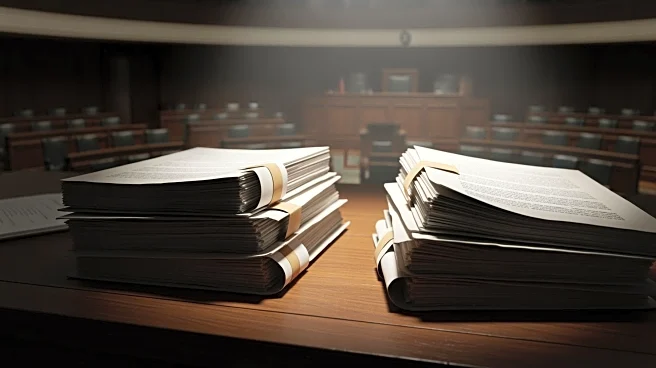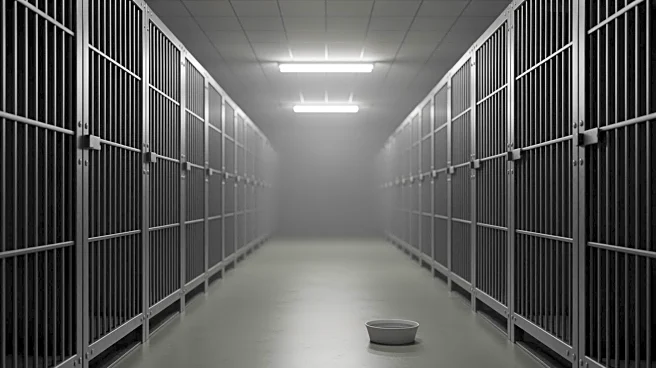What's Happening?
Court Theatre in Chicago is staging 'Big White Fog,' a play by Theodore Ward that explores the struggles of a Black family during the Great Depression. Directed by Ron OJ Parson, the production features 17 actors and delves into themes of Pan-Africanism, Black education, and social equity. The play, originally part of the WPA's Federal Theater Project, has not been professionally staged in Chicago since its 1938 premiere. It follows the Mason family as they navigate economic challenges and racial discrimination, with a focus on the patriarch's attachment to Marcus Garvey's ideals.
Why It's Important?
The revival of 'Big White Fog' is significant as it brings attention to a lesser-known work that addresses important themes of racial identity and economic struggle. The play's exploration of Pan-Africanism and social equity resonates with contemporary discussions on race and equality. By staging this production, Court Theatre contributes to the preservation and celebration of Black theater history, offering audiences a chance to reflect on past and present societal issues. The play's themes of intergenerational conflict and deferred dreams are particularly relevant in today's socio-political climate.
What's Next?
The production runs through October 12 at Court Theatre, offering audiences an opportunity to engage with the play's historical and cultural themes. The revival may inspire further interest in Theodore Ward's work and encourage other theaters to explore similar historical plays. As the play enters the public domain, it could see more productions across the country, potentially sparking renewed interest in the Federal Theater Project and its contributions to American theater.
Beyond the Headlines
The play's focus on the impact of racism and economic hardship on Black families during the early 20th century offers a poignant reflection on the ongoing challenges faced by marginalized communities. The production highlights the importance of theater as a medium for social change and cultural expression, encouraging audiences to consider the historical context of racial issues and their relevance today.









